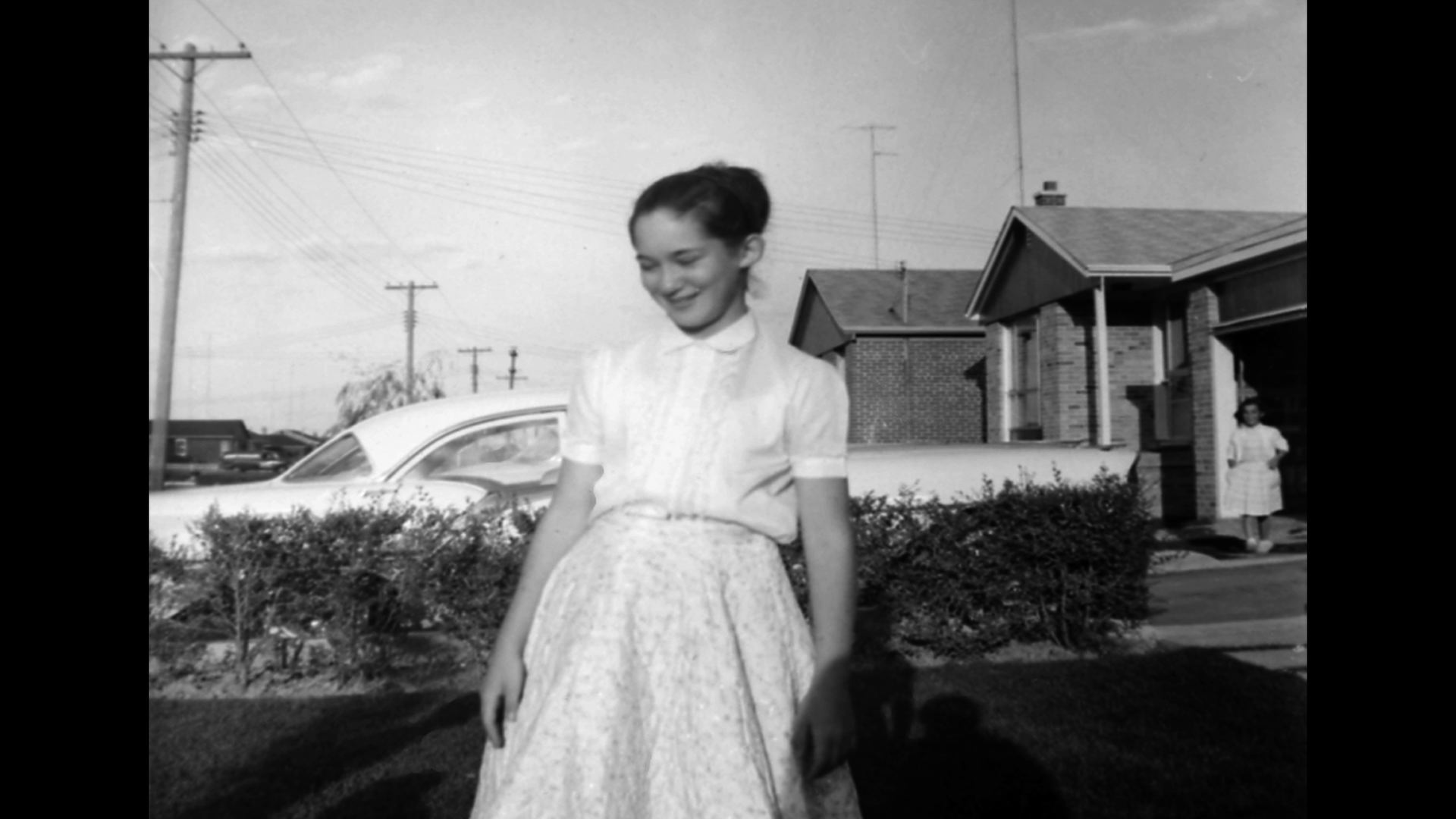Originally published in: Desistfilm (online film journal), July 2020
These days in Lima, the 4th edition of the International Festival of Audiovisual Appropriation (MUTA) is unfolding, which each year gathers various experiments and exultations of reappropriation and archive transgressions. Despite the adverse conditions of the health crisis, the festival’s directors and programmers sang with continuity, and continued this local venture without public resources, only with the support of their own membership, and some international cooperation ghosts, a gesture that is already meritorious.
For the opening film they chose the recent work of Canadian filmmaker Mike Hoolboom (who was also at the International Film Festival Rotterdam this year), which shows a contemporary sensitivity around women and their modes of struggle. Throughout Judy versus Capitalism, Hoolboom portrays key precepts of feminism’s second wave, while its capitalist themes drift across the portrait. The film is an emotional and impressionistic portrait of the left-wing activist and Canadian writer Judy Rebick, an indispensable spokeswoman for the support of the reproductive rights movement in Canada during the 1980s and 1990s, though the relationship of Marxist or Trotskyist activists against neoliberalism is hardly touched. Unless, for the filmmaker, the word “capitalism” refers in general to an intersectional struggle against an oppressive, patriarchal and neoliberal system.
In Judy versus Capitalism, Hoolboom deploys collage and super 8 interventions to underline fundamental premises for radical feminists of the second wave, including “the Personal is Political,” introduced in the late 1960s by American Carol Hanisch in her famous book. Using detours and associative collage, Hoolboom develops an intimate and emotional magma inside Judy Rebick, marked by the rhythm of her voiceover, which narrates both memories of militancies and tragedies of the family world. This assertion of the private is indispensable for the introspective flow of images, it shows the impact of an ominous system of deep structures aimed against women and children within their own homes.
In the second of six chapters, Hoolboom also explores a capital point, that “the body is political,” based on Rebick’s impressions of her own weight gains, the social demands of her adolescence and youth which function as a way of controlling the “feminine.” It is of interest that this topic is “on the agenda,” because it confronts prejudice, although from a feminist perspective the body as a space for dispute is better situated around reproductive rights or as a territory to combat violence that the film also explores. But even activists can succumb to prevaling regimes of health and beauty.
Towards the end of the feature film the filmmaker reveals the issue of Rebick’s multiple personalities, which is supported by the movie’s dreamlike juxtapositions and impressionistic encounters as multiple and complex points of view continue to emerge from a single portrait. Hoolboom is unafraid to mix time signatures as strangers and ghosts appear and disappear in everyday actions, granting materiality to the engine of the Rebick universe.
As the film moves towards its close, the theme of multiple personalities emerge. Arising as a creative response to childhood sexual abuse, the beings from Rebick’s unconscious, men like Simon, unveil a patriarchy so deeply embedded in mind and body that even this powerful activist cannot fully break from a dominant patriarchal paradigm. The way Hoolboom introduces this breaking point is the most accomplished moment in this experimental encounter.
Judy versus Capitalism borrows structural keynotes from more conventional forms of documentary portraits. It is driven by voice-over, divided into chapters, and proceeds in a nearly linear fashion across a life. But the filmmaker also manages to account for the subject’s inner world in a restless movement between present and past, between the intimate and political, torn between tensions wrought by capitalism. The film is an inspiring contribution to women’s movements today.
